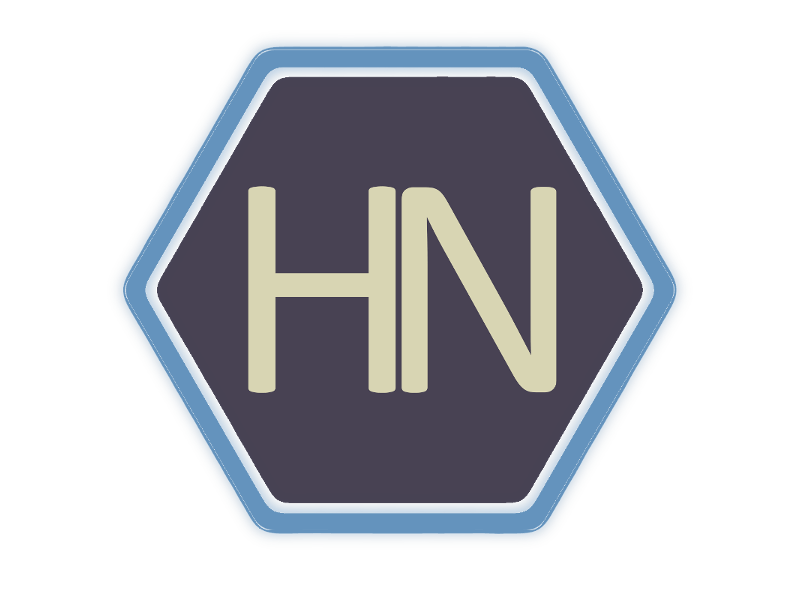The distribution of inaccurate news, vulnerability of personal information, government requests on client data, and security issues on existing social media platforms are major security-related drawbacks which users are forced to deal with on a daily basis.
Disclosure: This is a Sponsored Article
It is difficult to provide necessary solutions to resolve the vulnerability of personal data and prevent government requests for sensitive user information because the vast majority of social media and messaging platforms are centralized systems.
Honestis.Network, a social media platform developed on top of the Ethereum protocol, is a blockchain-based application which aims to solve most of the underlying issues of social media platforms in regards to security and transparency. Similar to Facebook, on the Honestis. Network, developers can launch secondary marketplaces for applications and users can process peer-to-peer messages.
The key difference between Honestis.Network and other centralized social media platforms in the market is that as a distributed platform, Honestis.Network processes all of its operations in a decentralized and peer-to-peer manner. That means, personal identities of users cannot be manipulated or monetized, government agencies will not be able to request data due to the lack of network administrators, and developers can be incentivized through crypto-tokens in real-time.
“Honestis.Network Portable Identity on blockchain can be used in trade, sign documents, and process other identities. It allows users to protect and trade their data can be utilized in interaction with personalized applications such as integrated systematic artificial assistant,” explained the Honestis.Network development team.
Additionally, the whitepaper of Honestis.Network explained:
“Honestis.Network needs to use many P2P and blockchain networks to be effective, even if the Ethereum blockchain is the most stable, transactions are not cheap, so using Ethereum Classic is more logical, and new blockchain adaptations to store data could also be easier if they fit frameworks and P2P technologies that are in development phases as of current, like LISK or others like byteball or IPFS.”
Upon the completion of its private initial coin offering (ICO) which was initiated on September 28, the Honestis.Network development team aims to develop artificial intelligence (AI) systems that will be integrated into the Honestis.Network blockchain platform. According to the Honestis.Network development team, its AI system will utilize Ethereum-based smart contracts to provide customized services for specific users based on their preferences.
Last week, in an interview with South Korea’s largest finance news publication JoongAng, Ethereum co-founder Vitalik Buterin explained that for Ethereum to scale to sufficient capacity to handle decentralized applications with millions of users, it will need at least two to five years of development.
“I would say two to five, with early prototypes in one year. The various scaling solutions, including sharding, plasma and various state channel systems such as Raiden and Perun, are already quite well thought out, and development has already started. Raiden is the earliest, and its developer preview release is out already,” said Buterin.
For blockchain platforms like Honestis.Network to gather an active user base, it would also have to rely on the scalabilty of Ethereum, which is improving at a rapid rate due to the emergence of scalability solutions such as Plasma.

